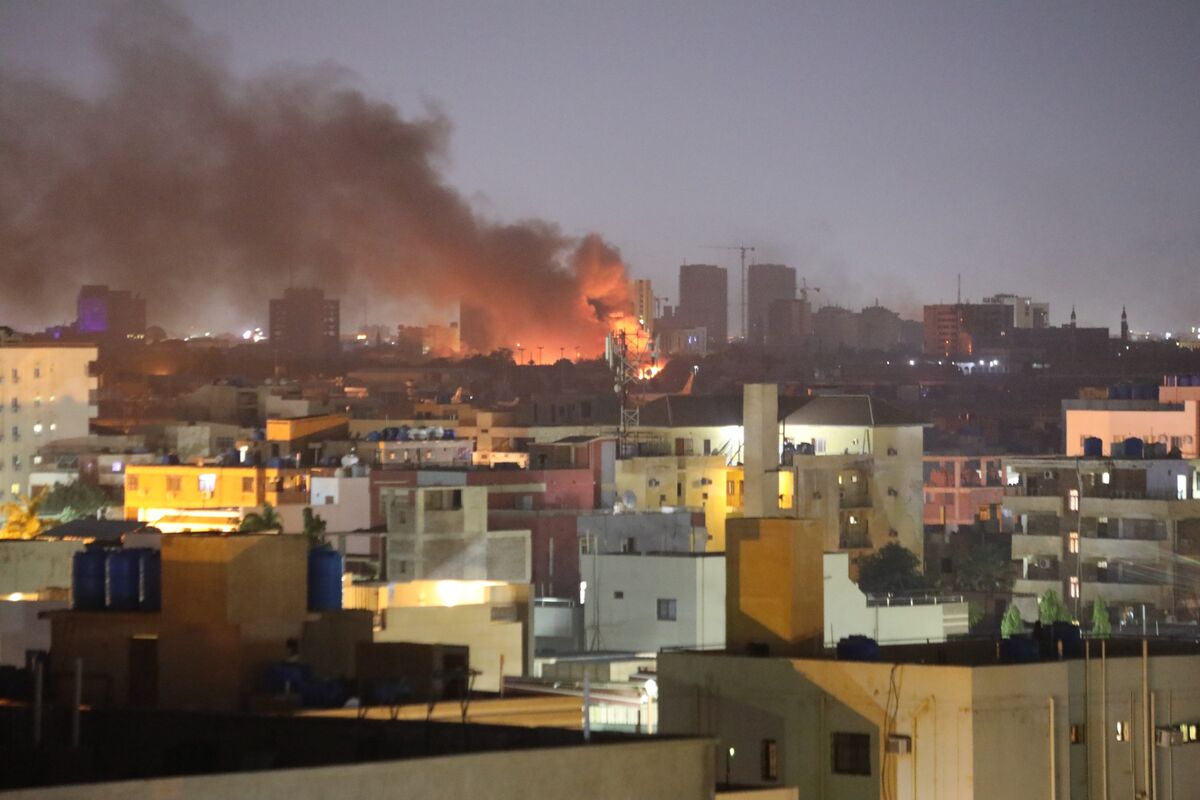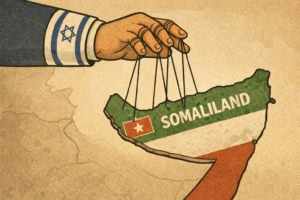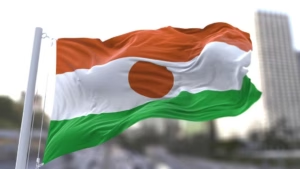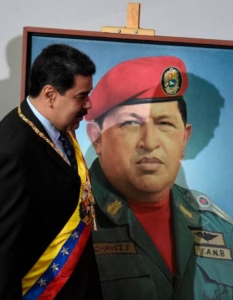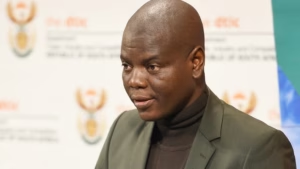In the wake of the International Court of Justice’s (ICJ) dismissal of Sudan’s case accusing the United Arab Emirates (UAE) of genocide, Sudanese officials have acknowledged the ruling — yet firmly assert that the decision does not absolve the Gulf nation of alleged wrongdoing.
The ICJ’s decision, delivered on Monday, brought an end to the legal proceedings initiated by Sudan on procedural grounds. According to the court, it lacked jurisdiction to hear the case because of a prior objection lodged by the UAE. This objection referred to a clause within the Genocide Convention, which stipulates that disputes require the consent of both parties for the ICJ to intervene.
Nonetheless, the Sudanese government swiftly issued a statement reiterating its position and rejecting any interpretation that the ruling exonerates the UAE.
“The dismissal of the lawsuit on this procedural ground cannot be legally construed as a denial of violations and does not constitute a ruling acquitting the UAE of involvement in the crime of genocide,”
the Sudanese Ministry of Foreign Affairs said in its statement.
While the court’s decision prevents the case from advancing further under the current legal framework, Sudanese authorities contend that the effort to bring the matter before the ICJ was not in vain. According to them, the act of filing the lawsuit shed significant light on what they allege is the UAE’s role in perpetuating the conflict within Sudan.
“Filing the case succeeded in exposing the UAE’s alleged role in the war and ongoing support of the RSF with advanced weapons,”
the ministry asserted.
The RSF, or Rapid Support Forces, are a prominent actor in Sudan’s internal conflict. The Sudanese government claims the UAE’s alleged provision of sophisticated arms to this group has exacerbated the humanitarian crisis and fuelled continued instability across the country.
Despite the ICJ’s procedural rejection, Khartoum has vowed to press forward. The Foreign Ministry underscored its unwavering commitment to ensuring that all those it accuses of serious crimes face justice.
“The Sudanese government will continue to pursue every available avenue to hold accountable those responsible for the grave crimes committed against the […] people of Sudan,”
the statement concluded.
Although the ruling brings temporary closure to this chapter at The Hague, the diplomatic and legal battle appears far from over. Sudan’s insistence that the dismissal is not tantamount to vindication suggests further action could be taken on alternative international or regional platforms. For now, the tension between principle and procedural law remains stark — leaving questions about accountability in the Sudanese conflict unanswered.

